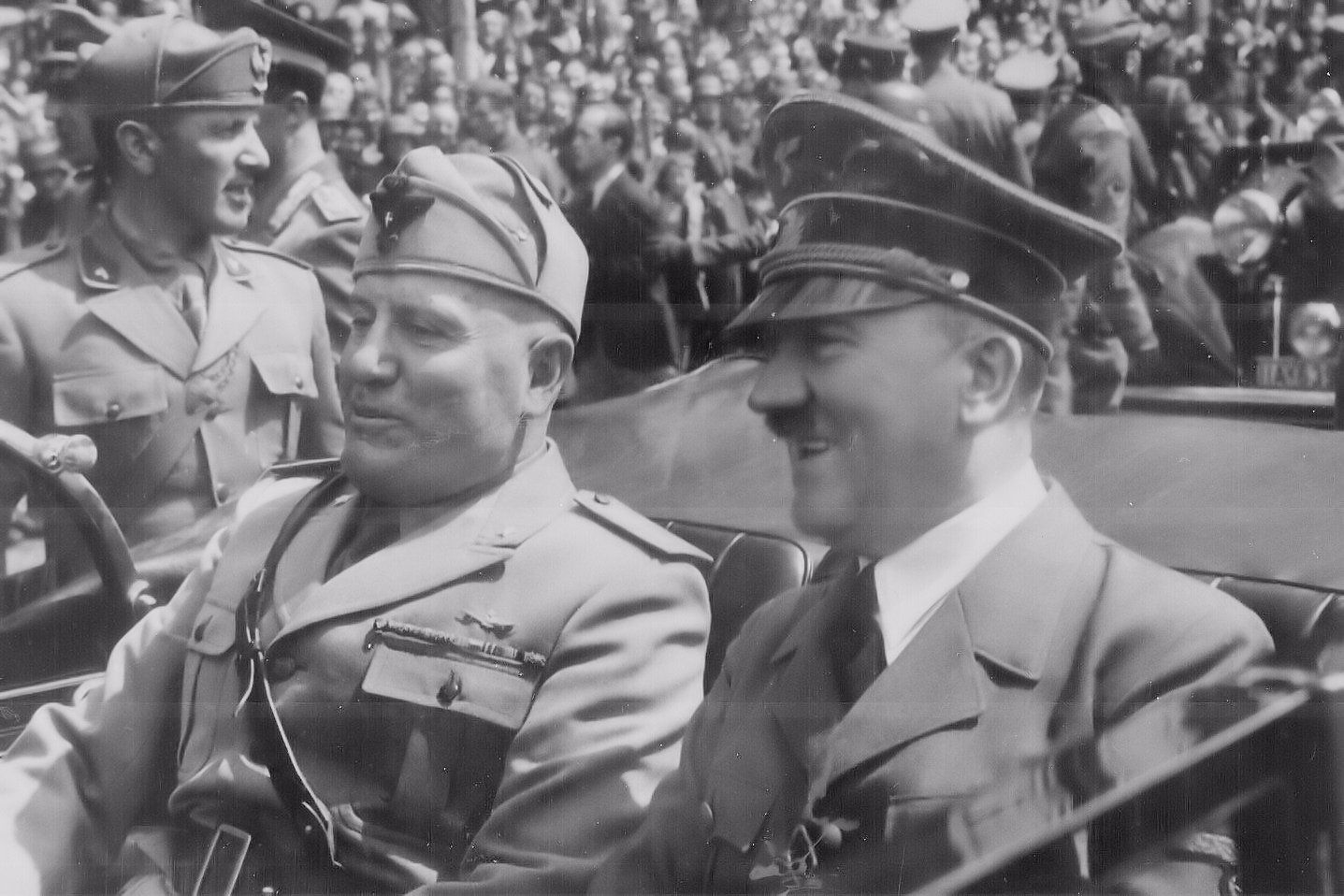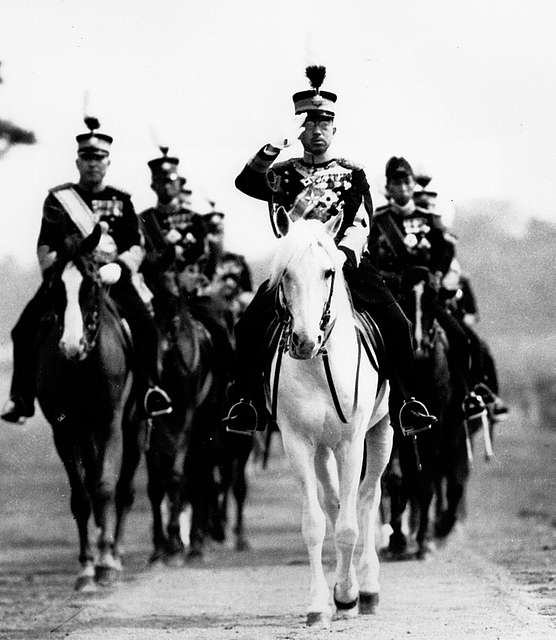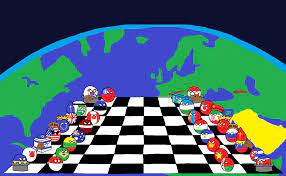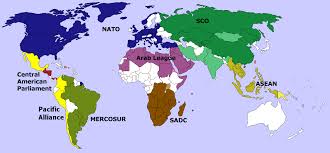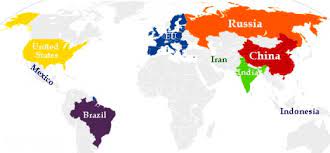Approximately half a century after the Yom Kippur war of 1973, where the Egyptian army unexpectedly over ran the supposedly impregnable Bar Lev line in under two hours, Israel has once again been taken by surprise, once more reminding that – No defense is impregnable and the stability in the Middle East is still elusive.
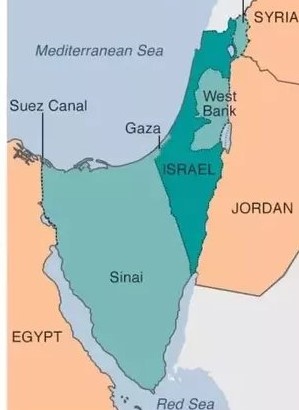
On the morning of October 7th, the Palestinian militant group Hamas launched an unprecedented assault, in terms of scale and scope - infiltrating 22 Israeli towns and army bases and launching thousands of rockets towards cities, including Jerusalem. This event is likely to have a profound psychological impact on Israelis, akin to the shock felt in the United States after the September 11 attacks.
Reports have indicated that at least 1,200 Israelis have lost their lives, with an equal number wounded and nearly 150 taken hostage by Hamas. Predictably, Israel responded forcefully and brutally, for which it is known, causing collateral damage to civilians, as emphasized by Israeli President Netanyahu's vow to bring a mighty and unprecedented fight against the enemy.
The magnitude of this terrorist attack and Israel's retaliatory actions are expected to have significant military and geopolitical repercussions.
Its important to go through the various aspects of it :
- There is a possibility that Israel may invade and temporarily occupy Gaza to rescue the hostages, which would be a departure from past practices. This could escalate the situation, as Hezbollah, a Lebanon based terror group might also try to open the second front.
- When nations who were once Israel’s sworn enemies were signing peace treaties with Israel , including Saudi Arbia which was in the process of doing so, due to the diplomatic efforts of US President, such an attack is likely to derail this move.
Recently even the de facto ruler of Saudi Arabia, Prince Mohammed bin Salman, had gone public with affirmations that some sort of deal with Israel seemed plausible. In an interview with Fox News last month, he said that talk of normalization was “for the first time, real.”
It is to be seen as to how long this incident can derail this deal. In my opinion, it will depend on how long this conflict lasts and how many Palestinians die and the damage caused by Israeli forces.
3. Russian President Putin's response to the Hamas attack is not sympathetic to Israel, possibly due to Israel's lack of support for Russia's invasion of Ukraine. Rather Russia has blamed the western world and Israel for this terror attack as they have failed to resolve the root cause of this conflict. Putin will also get some relief as the world’s attention will now be drawn towards Israel rather than Ukraine war. This event may divert global attention from the Ukraine crisis.
4. India has issued a cautious statement, considering the fact that it has been facing a similar challenge back home, expressing solidarity with Israel while advocating for the resumption of direct negotiations between Israel and Palestine. India emphasizes the universal obligation to observe humanitarian law and combat international terrorism, considering its own history with terrorism.
5. Hamas' goal may be to take hostages to secure the release of Palestinian prisoners from Israeli jails, a tactic they have used in the past. This issue is deeply emotional for Israel and has led to significant concessions, with the government having paid a high price in the past for the return of its citizens. In 2006, Gaza militants seized an Israeli hostage — and held him for five years until he was exchanged for more than 1,000 Palestinian prisoners from Israeli prisons, many of them convicted of deadly terrorist attacks against Israelis.
In 2006 , Hezbollah group has launched a cross-border raid and abducted two Israeli soldiers. The remains of the two soldiers were returned to Israel in 2008 as part of a prisoner exchange, including some convicted hard core terrorists, in exchange for the soldiers’ bodies.
6. The European Union briefly suspended development funding to the Palestinian Authority but reversed its decision under pressure from certain member states – Spain, Portugal and Ireland.
Lastly, but the most important, How could such an attack take place and the iron wall as it is called could be breached by militants. It could not have happened without months of planning, recce and rehearsals by the Hamas terrorists. What was the Israeli army and its intelligence respected all over the world for its professionalism doing?
For the answers to these questions we need to look within the country.
For last two decades Far Right leader Netanyahu has been thriving on divisive politics, its defence minister and even army chief had been warning the Politicians about the consequences of the divisive politics on the socio -political front and security but their warnings were mocked at by Netanyahu publicly. Netanyhau created a make believe world where Israel could manage the conflict and prosper rather than finding a solution with Palestinians.
Offcourse the Palestinain leaders after Arafat and Hamas are equally responsible for non resolution of conflict.
Although, the opposition in Israel has stood firmly behind Netanyahu and has for the time being cancelled its protests against Netanyahu, but this is the first time after a decade long rule that his reputation stands tarnished that had been carefully nurtured - tough administrator. This will also give much needed reprieve to Netanyahu as he was facing a tough challenge from the public against curtailing the powers of Judiciary.
Conclusion.
The recurring cycle of limited Israeli military operations in the occupied territories has not yielded lasting solutions. While there may be a pressure for a large-scale military operation, this is unlikely to address the root causes of the conflict. Hamas leaders are likely to have fled using underground tunnels by now, leaving the innocent civlians to face the Isreali brutality.
Is there really any difference between brutal Israel and a Terrorist organisation?
Someone rightly pointed out, “ In many ways this is a prestige strike by Hamas, to remind the Israelis and the world that we’re here and can hurt you in ways you can’t anticipate. The resolution of the conflict can not be left to only Palestinians and Israel, the Arab world also has a stake.”
If we consider this incident holistically, we may find a few lessons for India as well. Security is not only about Military its equipment and Intelligence , it has socio-political dimensions as well.
Add a comment


